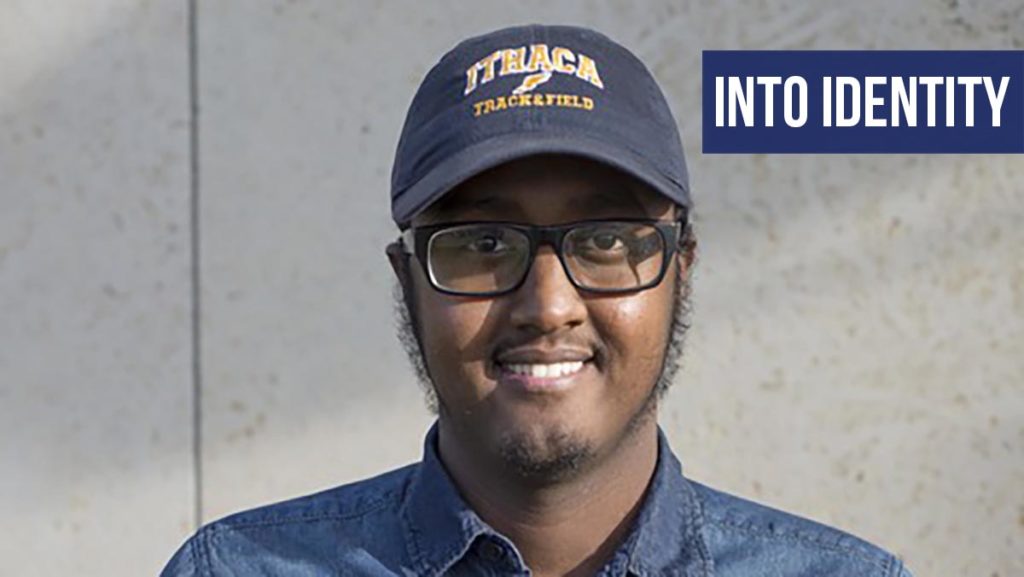I am your black friend. I am not intimidating. I speak your language.
I am your black-enough friend. I am not that intimidating. I sometimes speak your language.
I am not your friend. I am intimidating. I switch between my many languages.
I am the other.
Over the past 18 years I have grown tired of being tokenized even though I know it has just begun.
As a freshman on this campus, I would be blind to not notice I am one of few, if not the only, brown hand raised during attendance. There is a chance that upon first introduction, I am perceived as black. From that perception, belief is built regarding me as an authority on racial topics. This belief is almost never held by another person of color. The oddity continues. I am seen as approachable, and I am seen as safe, and I am seen as “white enough” to be welcoming. I am constantly compared to other people of color in a subconscious way; “the whitest black person I know.”
To clarify, I am biracial. My mother is white. My father is black. I identify as biracial. I have no intention of shifting that identification for any situation, no matter what pressure is put on me. Black issues affect me just as white issues weigh upon me. When someone feels as if a space is unsafe because of the color of his or her skin, I may not directly understand, but I am likely to feel the same. When someone feels guilt for the privilege given to them by the color of his or her skin, I may not be influenced the same way, but I have some parameter of knowledge. This is not the truth for every biracial person. This is true for me.
The thing about racism is that it is a standard and an oppression put upon individuals for their relation to a group, whether that association is based on fact or not. The oddity of being the token is that I am somehow elevated to being the safe liaison into that world. I am somehow identified as just close enough. This stance ignores my character, my background and my narrative and even worse, replaces others’ identities and stories with mine.






